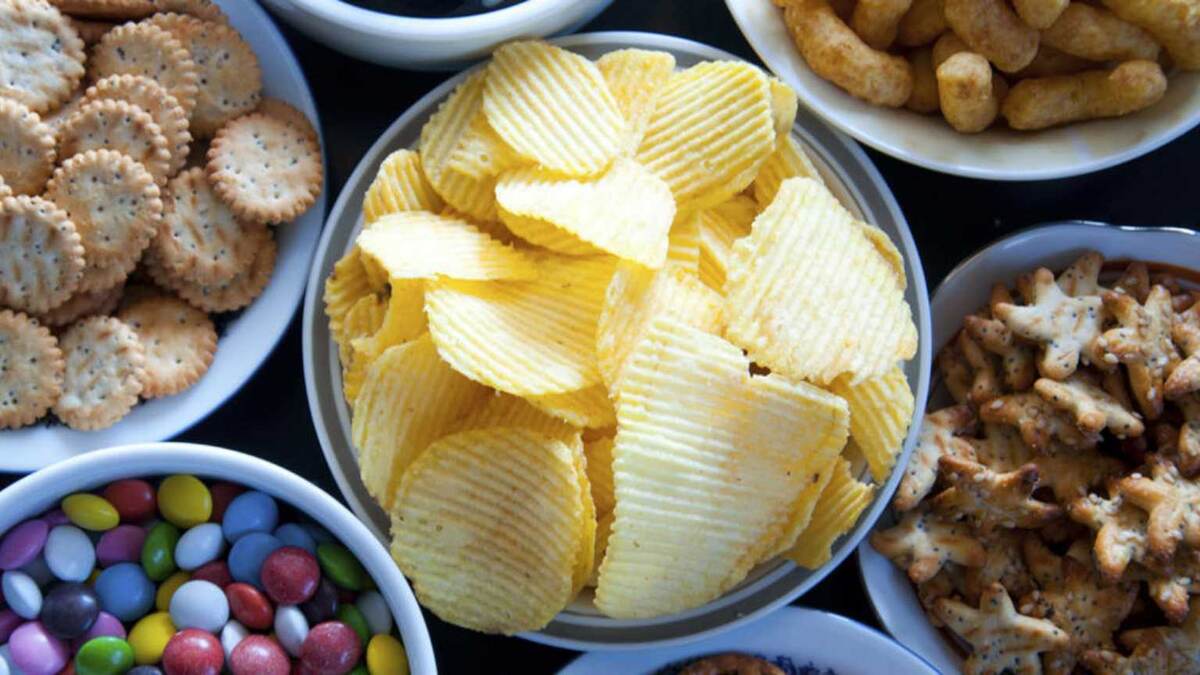Introduction
Pregnancy is a time of significant change and care, and what you eat plays a crucial role in your health and your baby’s development. Certain foods and beverages can impact your well-being and that of your unborn child. From managing caffeine and alcohol intake to avoiding sugary and processed foods, understanding which items to limit or avoid can help ensure a healthier pregnancy. This guide outlines key foods and substances to be cautious about during pregnancy, offering practical advice for maintaining a balanced diet.
1.Foods to avoid during pregnancy
Below is a list of foods that should be consumed in moderation or avoided altogether.
1.1 Caffeine consumption
Drink coffee and tea in moderation. According to one study, several cups of coffee or tea a day have little effect on ovulation problems but can lead to dehydration. A gynecological surgeon in the department of gynecology says that a cup of coffee in the morning is the worst thing in terms of dehydration. Caffeine is a diuretic that can prevent your fluid membranes from staying moist, affecting the consistency of your cervical fluid. Keep caffeine intake from coffee, energy drinks and tea to less than two hundred milligrams a day. Because it prevents you from getting pregnant. Some studies show that herbal teas can be a good fertility food for getting pregnant.
1.2 Alcohol consumption
Regular alcohol consumption can also lead to dehydration, which is why some experts often recommend avoiding it. Because it prevents you from getting pregnant. Remember, alcohol, cigarettes, and drug use affect the mother as well as her unborn child. You can consult the best experts in this regard from here.
1.3 Sugary drinks and processed sweets
Reduce sugar levels, and consume less processed sweeteners. Sugary foods can completely deplete your blood sugar, causing problems with insulin and your normal hormonal balance. Skip the candies and desserts for your fertility diet plan, and forget fruit juices, energy drinks and sweet teas, especially sugary soda drinks that have been linked to ovulatory infertility. That doesn’t mean you should replace them with artificially sweetened products. Artificial sweeteners stress your system. If you’re craving something sweet, opt for less processed sweeteners, experts say.
1.4 Different types of soy
Avoid various forms of processed soy, especially powders and energy bars. One of the foods to avoid when trying to conceive, soy can negatively affect fertility. Some experts believe that the high amount of soy protein in these products contains estrogenic properties that can disrupt your hormonal balance. Men, in particular, should avoid them, as they can affect their testosterone levels. Whole soy products are fine in moderation, as are fermented versions of soy such as pasta or natto.
1.5 Reduce stress
One review found that women with infertility report more stress than those without fertility problems, and that this stress can be harmful to women who try to conceive. Trying to Stress can trigger changes in the brain that can inhibit reproductive function.
1.6 Be physically active
Regular exercise can also help prevent you from developing overweight or obesity, which is one of the biggest barriers to getting pregnant. But too much exercise is also not good in this regard.
1.7 Take a prenatal multivitamin
Folic acid intake is essential for a healthy pregnancy and helps reduce the risk of birth defects. A daily multivitamin can ease the difficulties of conceiving in women. Adding a daily prenatal vitamin with folic acid to your routine may be a good idea, but it’s best to talk to your doctor before you start taking it.
Conclusion
Being mindful of your diet and lifestyle during pregnancy is vital for your health and your baby’s development. By avoiding or limiting certain foods and substances, you can create a healthier environment for both yourself and your unborn child. Always consult with your healthcare provider to tailor dietary recommendations to your specific needs and circumstances.

